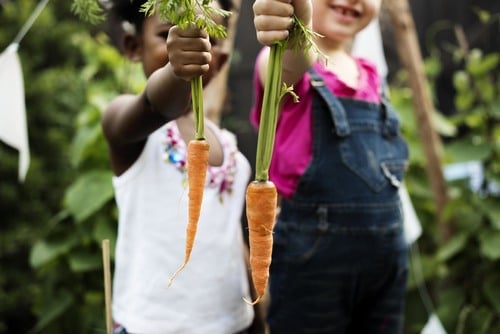Preschool Measuring Temperature Activities
About Preschool Measuring Temperature Activities
On Education.com, preschool measuring temperature activities introduce young children to the concept of temperature through hands-on experiments, sensory games, and visual aids. These activities help children develop early scientific observation skills by feeling warm or cold objects, exploring how ice or warm water changes temperature, and using simple tools like thermometers. Educators and parents can access a variety of lesson plans and printable materials that make learning about temperature engaging and accessible for preschoolers. This page provides these resources to support early science exploration and measurement concepts.
Browse Preschool Measuring Temperature Activities on Education.com to find interactive worksheets, printable experiments, and activity ideas that make learning about heat and cold fun and practical. Materials include weather-themed charts, temperature scavenger hunts, and experiments using everyday objects to demonstrate warming and cooling. These resources help educators teach children to compare, observe, and understand temperature as a measurable quality in everyday life. Providing structured yet playful learning experiences enhances preschoolers’ scientific curiosity and critical thinking skills.
Explore Educaiton.com's collection of preschool measuring temperature activities to find easy-to-use, educational resources that support early childhood science learning. Ideal for classroom or at-home use, these materials inspire sensory exploration, measurement experimentation, and foundational scientific understanding. With ready-to-use worksheets and Hands-on experiment guides, instructors and parents can enhance learning experiences while promoting curiosity and observational skills.
Browse Preschool Measuring Temperature Activities on Education.com to find interactive worksheets, printable experiments, and activity ideas that make learning about heat and cold fun and practical. Materials include weather-themed charts, temperature scavenger hunts, and experiments using everyday objects to demonstrate warming and cooling. These resources help educators teach children to compare, observe, and understand temperature as a measurable quality in everyday life. Providing structured yet playful learning experiences enhances preschoolers’ scientific curiosity and critical thinking skills.
Explore Educaiton.com's collection of preschool measuring temperature activities to find easy-to-use, educational resources that support early childhood science learning. Ideal for classroom or at-home use, these materials inspire sensory exploration, measurement experimentation, and foundational scientific understanding. With ready-to-use worksheets and Hands-on experiment guides, instructors and parents can enhance learning experiences while promoting curiosity and observational skills.

















